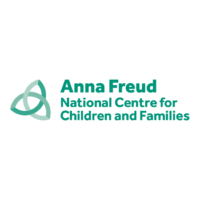Prevent-Protect-Repair:
The Prevent-Protect-Repair (PPR) programme is a three-stage intervention aimed at enhancing the skills, confidence and capacity within social care staff and the wider statutory partnership, responding to domestic abuse (DA), in the London borough of Lewisham. The three stages of the programme are: prevent, where social care professionals are trained to effectively identify the effects of DA in children and offer support; protect, where case formulation ‘surgeries’ from a DA Advisory Hub, provide effective interventions for families experiencing DA and improve social care professionals’ response to DA; and repair, where group and individual therapeutic support is supplied to all individuals experiencing DA.
Pilot aims:
The overall aims of the feasibility study are to examine whether PPR is possible to implement, and to evaluate the effectiveness of PPR training, consultation, and intervention in supporting children, families, and their surrounding networks, in terms of identifying and managing risk, and improving wellbeing.
Research questions:
The research questions will focus on:
- Is PPR ready to proceed to a full trial based on the Go/No-Go criteria?
- To what extent can PPR be implemented as planned?
- Is there evidence of promise of PPR?
- Can the cost-effectiveness of PPR be analysed?
Timelines:
The PPR programme will begin implementation starting from January 2021, with evaluation activities commencing from March 2021.
A final report is due to be completed and submitted by March 2022.


